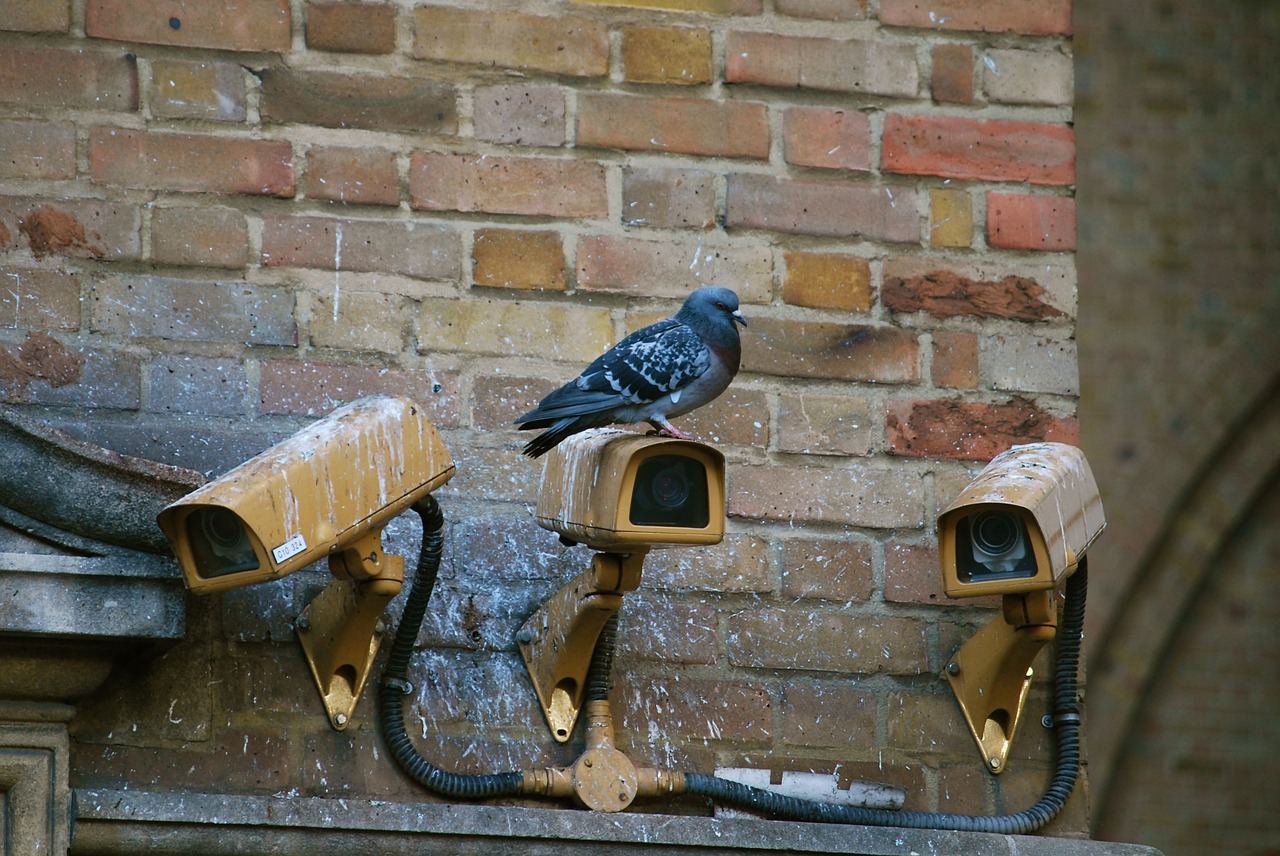Do Cameras Placed in Public Places Infringe on People’s Privacy?
Introduction
True freedom is impossible without reasonable limits, and true democracy is impossible without democratic laws and regulations. This is the reason why governments should use every possible opportunity to protect citizens from terrorist attacks, murderers, shooting, kidnapping, robbery, and uprisings. Otherwise, very soon democracy may become anarchy, peace may be changed from tensions and anxiety of wartime, and freedom of speech and expression may become a burden for all people of the country.
Nevertheless, some people still believe that cameras placed in public places are nothing but marks of a totalitarian regime, that they infringe on people’s privacy, and that true freedom does not need such devices. Notions like these are, in fact, groundless. Thus, cameras placed in public places do not infringe on people’s privacy but, instead, enforce laws to protect the civil population and prevent terrorist attacks.
The Role of Cameras in Preventing Terrorism and Crime
First of all, it is essential to realize why security, surveillance, and CCTV cameras became so commonly used in the Western world. According to Allison Linn, “in the wake of the September 11 terrorist attacks, the market for video surveillance cameras boomed in the United States and around the world” (2011). In other words, fear and anxiety is the main reason why people need cameras. People realized that laws do not guarantee security, governments do not always protect citizens, and that some tools should be used in order to enforce the laws and help the governments. Of course, cameras on the streets, parks, squares, and other public places can create an illusion that there is no privacy at all, that life in the city is similar to the life in an aquarium where the fishes are constantly observed and examined by the curious observers.
Fighting the Myth of Totalitarianism
Moreover, facial recognition intimidates people since they literally cannot hide from “the eye of omniscience” of the police and security services. Civil-liberties activists rise against using facial-recognition cameras because such means, in their opinion, kill democracy, privacy, and human dignity, and instead build a society by the example of dystopian novels with the “Big Brother” who watches people constantly and everywhere. Nonetheless, this notion is not correct. Heather Kelly argues that “facial-recognition software and other technologies are making security-camera images more valuable to law enforcement.” Nobody wants to harass civilians or control their lives; the only reason for having cameras is security and law. For example, after the bombings at the Boston Marathon in 2013, security authorities managed to obtain vitally important information about the two suspects who killed several people with homemade bombs. Only three days later, the FBI knew who was responsible for that terrorist act because “authorities had to sift through a mountain of footage from government surveillance cameras, private security cameras and imagery shot by bystanders on smartphones” (Kelly). Therefore, there are many reasons to use cameras in public places.
Conclusion
In conclusion, cameras in public places do not infringe on people’s privacy because the only reason for having such tools is maintaining the freedom, democracy, and security of civilians. People should not be afraid of facial-recognition because it can affect only criminals and terrorists. Those who do not plot violent actions should be thankful for law enforcement tools, such as cameras.
Works Cited
Kelly, Heather. “After Boston: The Pros and Cons of Surveillance Cameras.” CNN, 2013, https://edition.cnn.com/2013/04/26/tech/innovation/security-cameras-boston-bombings/index.html.
Linn, Allison. “Post 9/11, Surveillance Cameras Everywhere.” NBCNews.com, 2011, http://www.nbcnews.com/id/44163852/ns/business-us_business/t/post-surveillance-cameras-everywhere/#.XGwsBO5R0dU. Accessed 19 Feb 2019.
Get Expert Writing Assistance with Your Essay
If you aren’t in the right mood to work on the text by yourself, fill in the ordering form and get academic assistance from one of our expert writers. Just imagine how much free time you’ll save! Affordable prices and well-written samples are waiting for you!
Photo by staffordgreen0 from Pixabay
